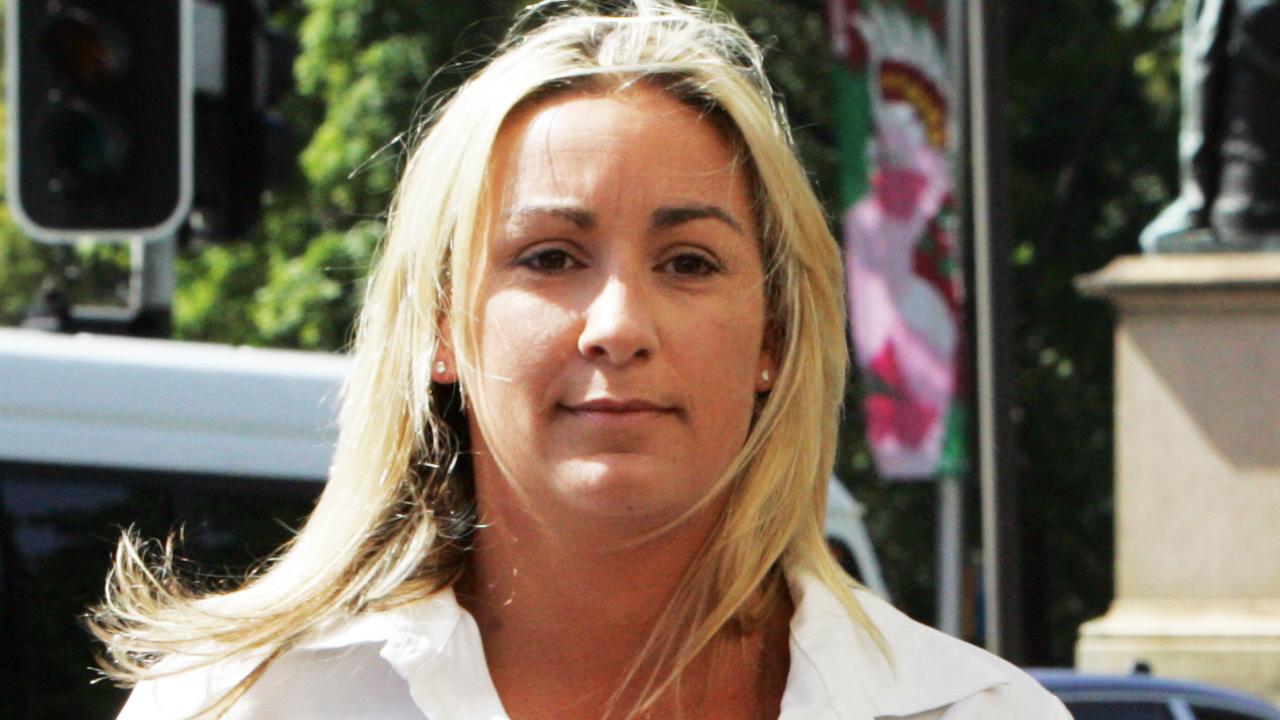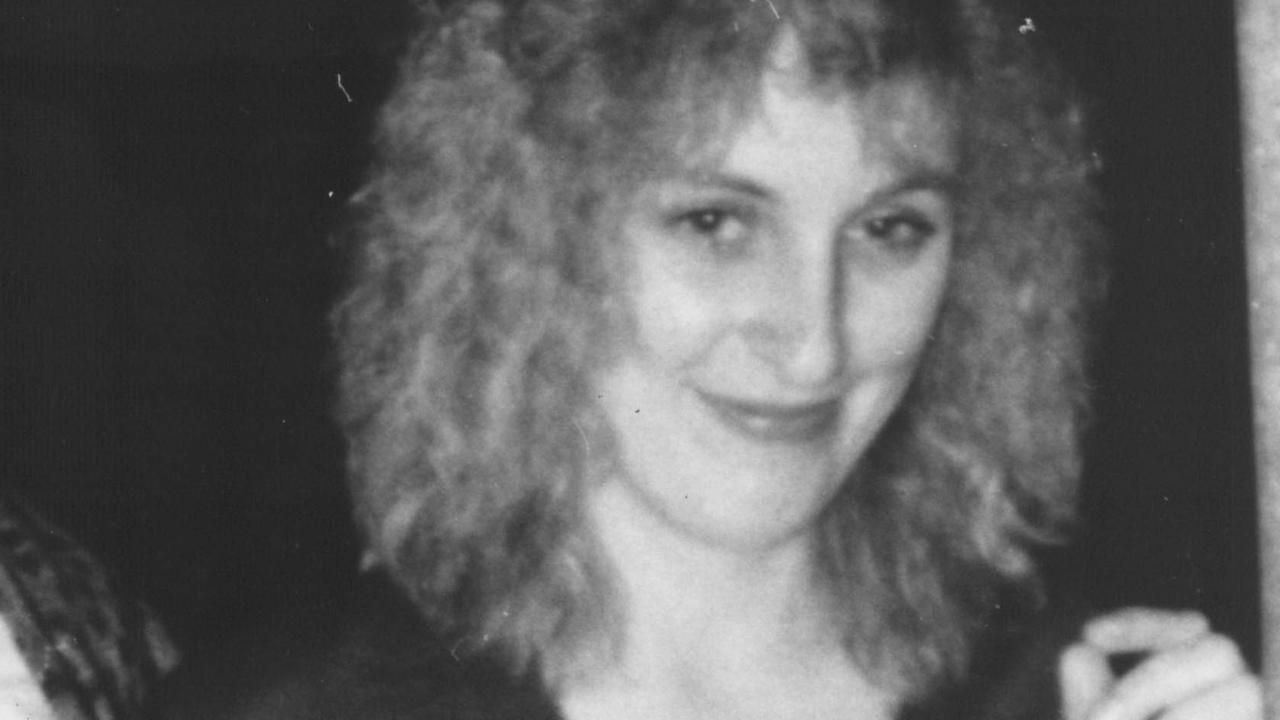UN launches new investigation into Julian Assange’s privacy and if it was violated
The UNhas opened a new investigation into whether the privacy of WikiLeaks founder Julian Assange was violated during his almost seven-year stay in the Ecuadorean Embassy.
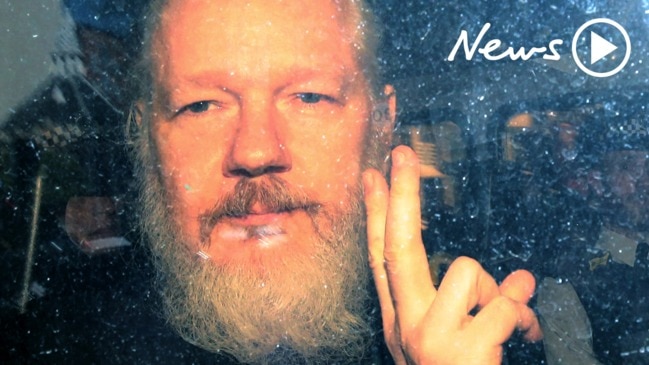
Behind the Scenes
Don't miss out on the headlines from Behind the Scenes. Followed categories will be added to My News.
The UN is currently investigating whether the privacy of WikiLeaks founder Julian Assange was violated during his almost seven-year stay in the Ecuadorean Embassy.
Assange, 47, was evicted from the embassy in Knightsbridge, London on April 11 and subsequently arrested by the Metropolitan Police on a 2012 warrant for breaching bail.
He was further arrested on a US extradition warrant for allegedly conspiring with former US Army analyst Chelsea Manning to “disclose classified documents” between January and May 2010.
MORE JULIAN ASSANGE NEWS:
Assange ‘respectful but broken’ guest
Assange’s dad tells of ‘shock’ in desperate plea
Julian Assange’s new privileges in grim prison
How Assange became a global wrecking ball
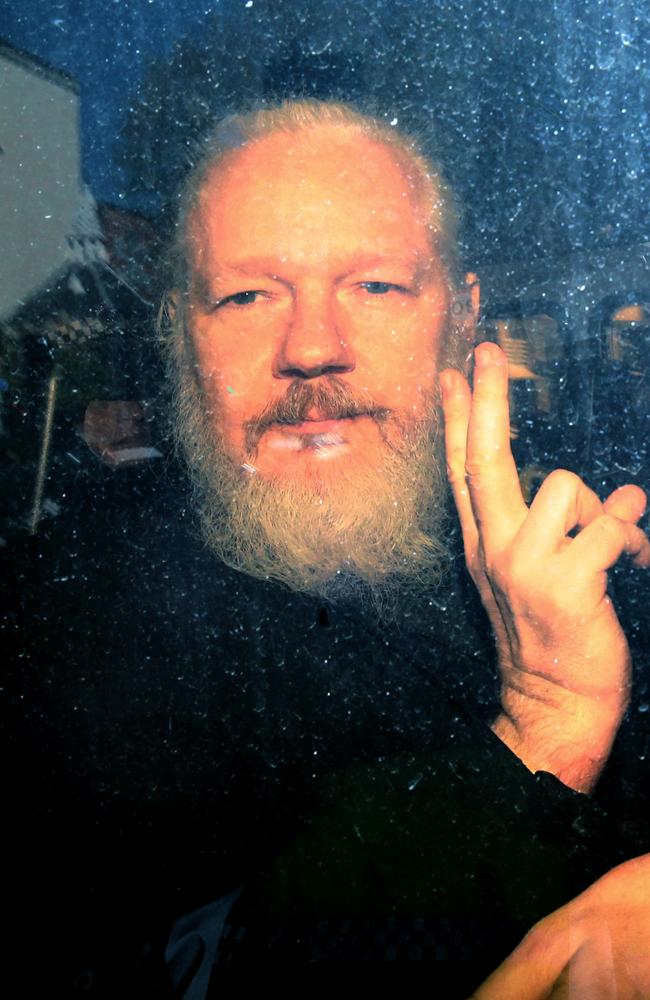
That same day, Assange was found guilty of the bail breach charge in Westminster Magistrates Court, but is yet to be sentenced.
He is due to appear before court via video link on May 2 and again in July.
On Thursday, the UN Special Rapporteur Professor Joe Cannataci visited the Belmarsh Prison where Assange is being held in response to complaints made in March that he had been spied on while in the embassy.
Their meeting reportedly lasted for two hours and Prof Cannataci told the ABC, “There are strong indications that some elements of his privacy may have been breached”.
“All I can say is that he was in fairly good shape and certainly very cogent in replying to our questions,” he said.
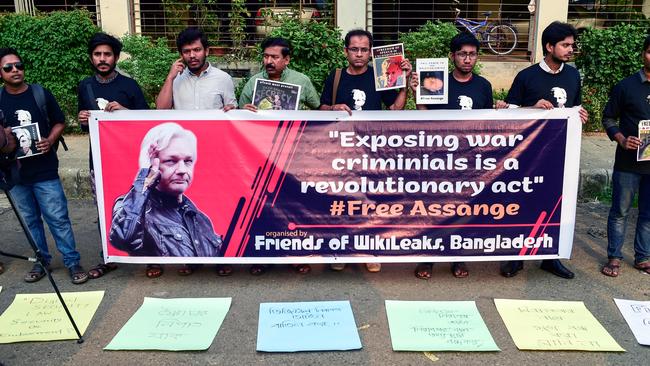
Prof Cannataci described the alleged infringements as “wide-ranging” and said he will now investigate Assange’s allegations.
“The case is important because it concerns a very special set of circumstances where a person is not formally under detention, yet was subjected to surveillance,” he said.
“What we’re trying to is establish the circumstances of the case, establish the facts of the case and then be able to take that forward to see if the actions taken meet the test of proportionality and necessity.”
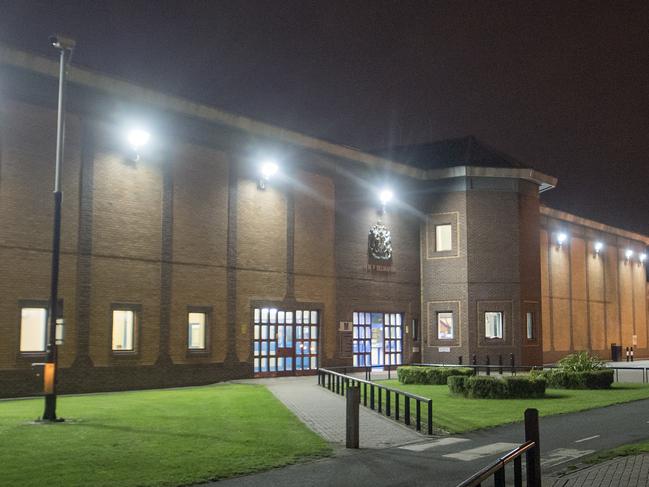
The day before Assange’s arrest, WikiLeaks accused the Ecuadorean Government via Twitter of spying on him during his time at the embassy.
Among the allegations were that meetings with lawyers and doctors had been filmed and copies taken of private legal documents.
Assange sought asylum in the embassy after seeking to avoid extradition to Sweden on sexual assault allegations, which were dropped but may now be reopened.
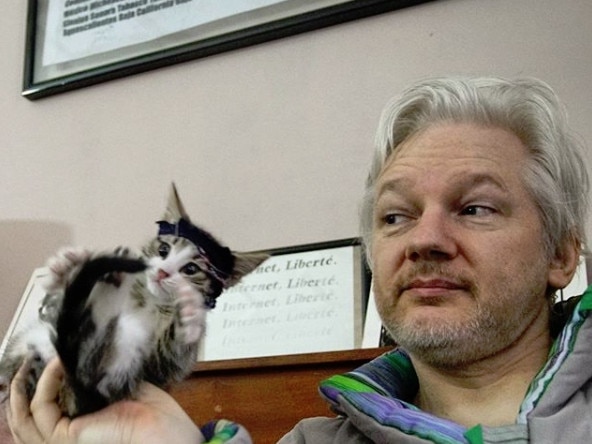
He remained in self-imposed confinement out of now realised fears the US would attempt to extradite him.
One of Assange’s lawyers, Jennifer Robinson said in a statement on the Doughty Street Chambers blog: “It is a matter of grave concern that Ecuador expelled Mr Assange from the embassy before the scheduled UN visit could take place.”
Assange’s stay in the embassy was marred with controversy including allegations by Ecuadorean President Lenin Moreno he leaked private photos of his family.
In October Assange launched legal action against the government for what he described as violations of his “fundamental rights and freedoms”.
Originally published as UN launches new investigation into Julian Assange’s privacy and if it was violated

